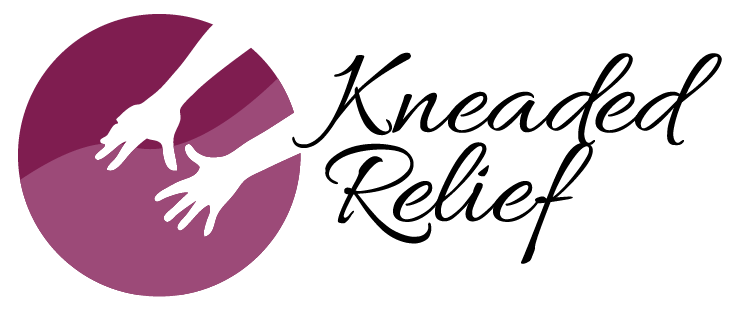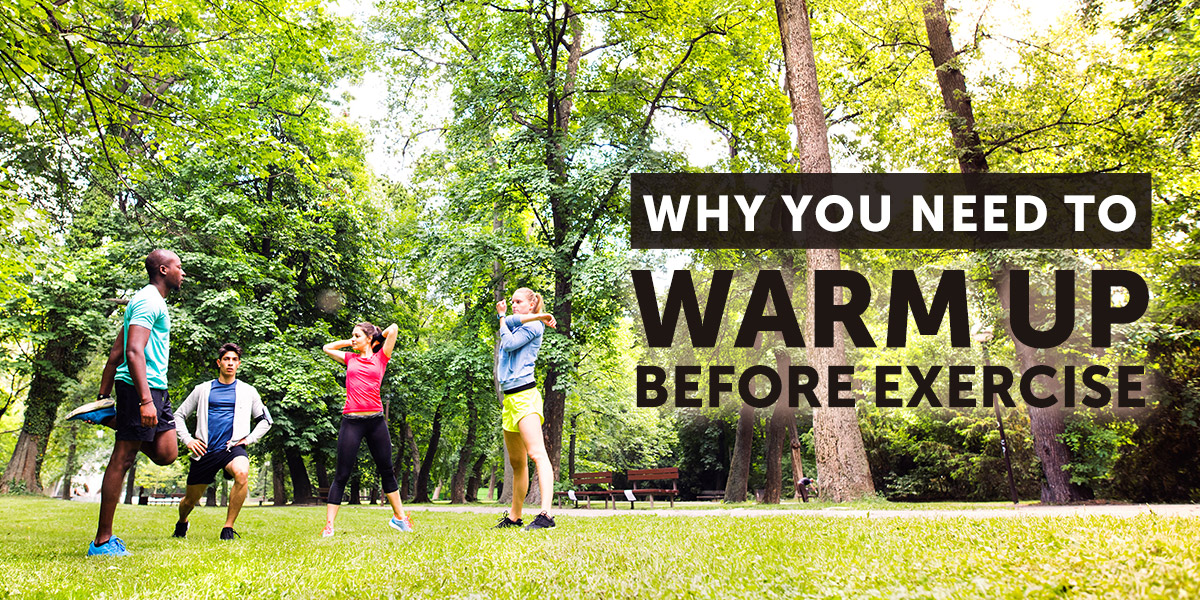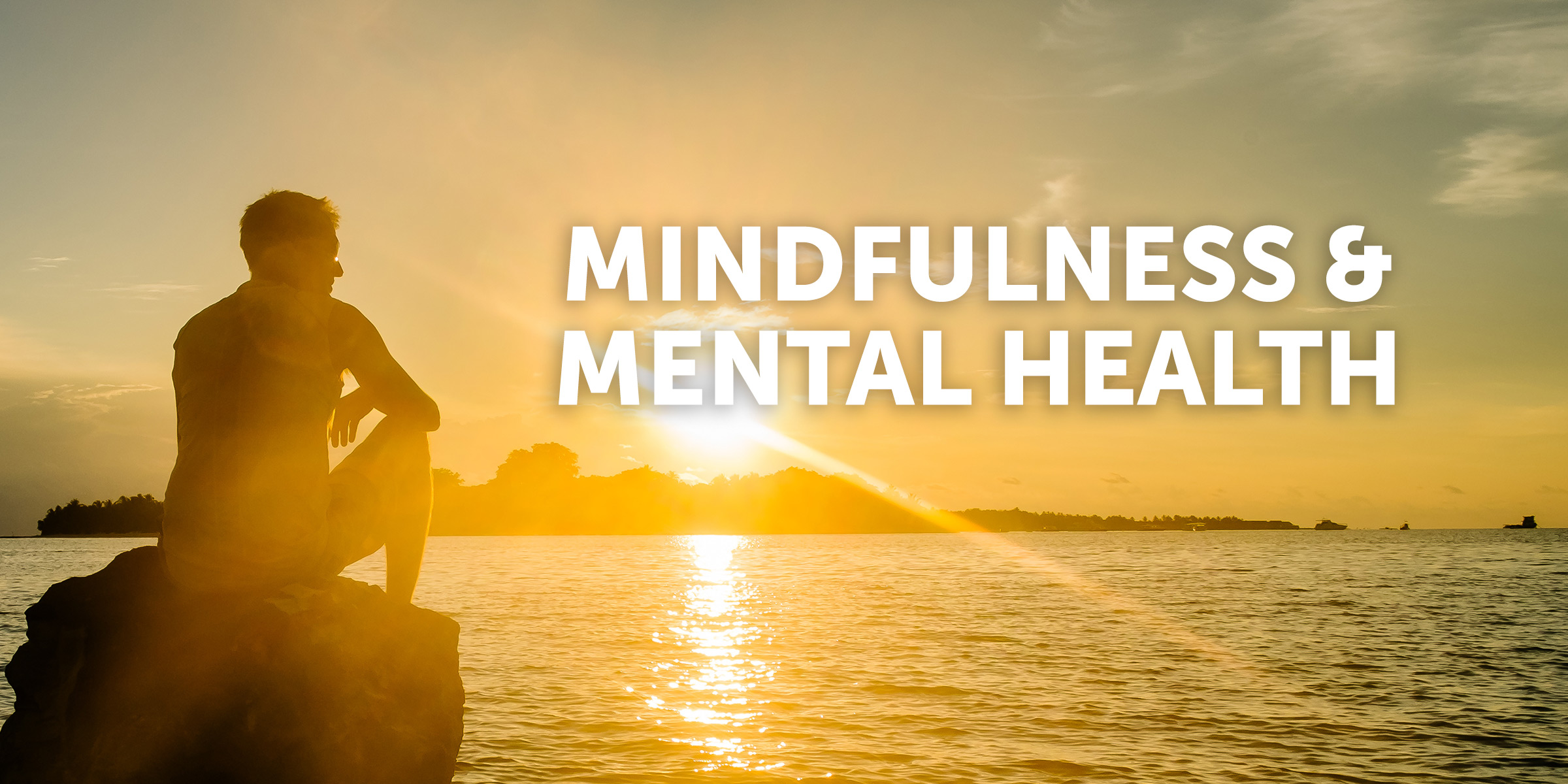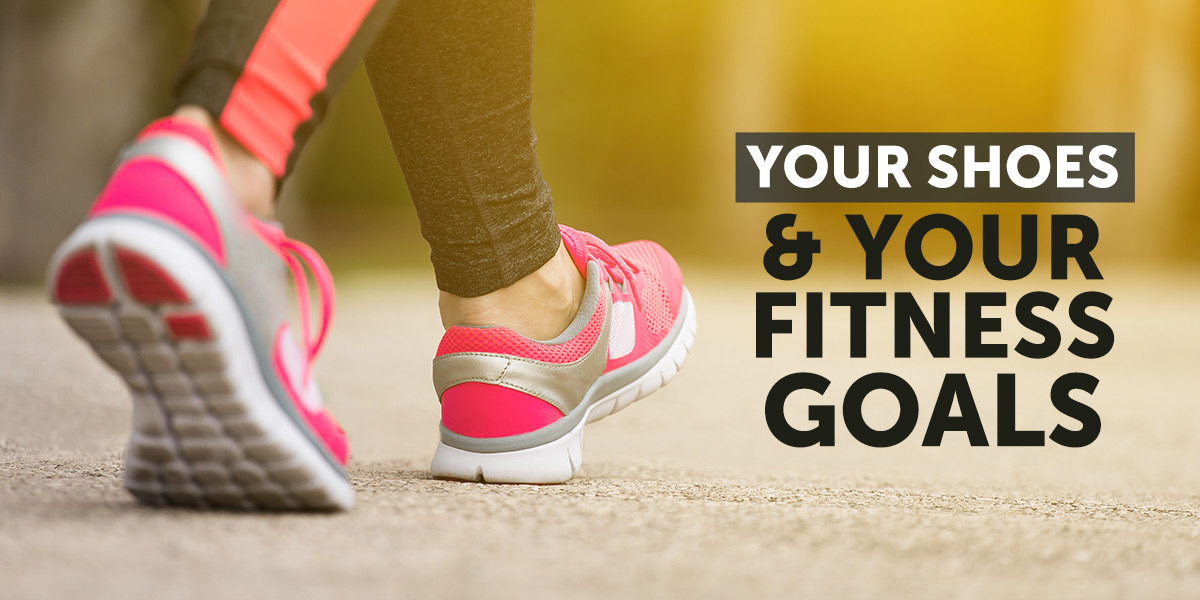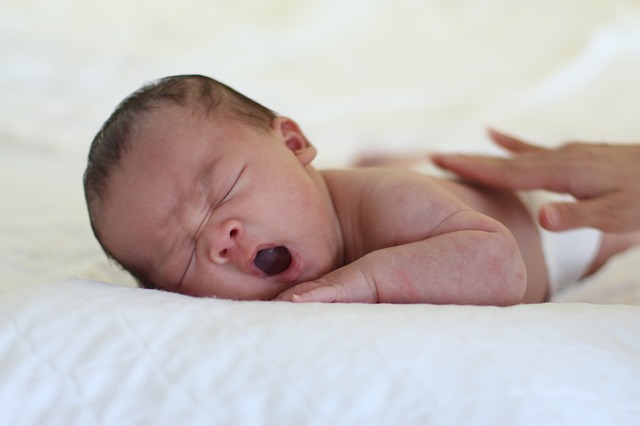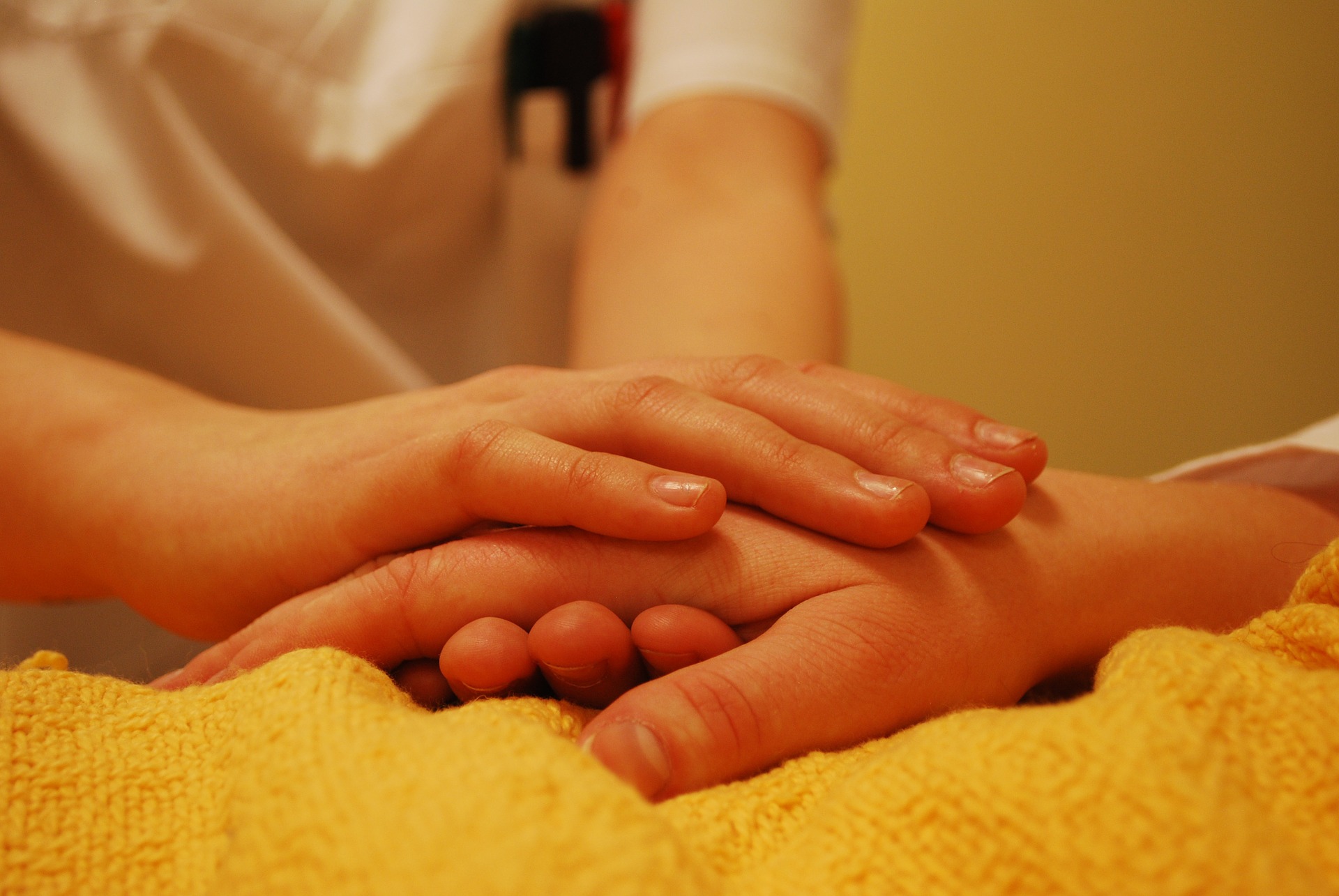Anxiety vs Anxiety Disorder
1 in 4 Australians struggles with an anxiety disorder. Sure, everyone worries about stuff from time to time, but to live in a state of persistent, excessive worry is something else. Sufferers often develop many negative flow-on effects like headaches, insomnia, muscle tension, teeth-grinding (and other nervous habits), withdrawal from society, and more. Managing everyday responsibilities becomes difficult.
There are different anxiety disorders, caused by different things, and needing different treatments. Although some people may be genetically predisposed to it, ANYONE can develop an anxiety disorder. The type and degree of anxiety will determine whether medication, counselling, diet, or something else is necessary.
The opposite of anxiety is relaxation.
You can't be both anxious and relaxed at the same time. So, relaxation therapies are of huge benefit here, complementing any other anxiety treatment, and giving the body and mind a chance to rest and heal.
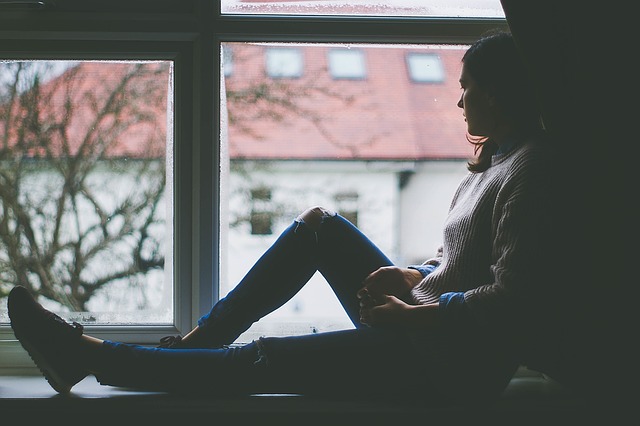
Anxiety is usually circumstantial, triggered by social situations, phobias, finances, and other such things that are often outside our control. Those with anxiety disorders may react to stressful situations with symptoms like: a pounding heart, breathing difficulties, headaches, sweating, shaking, nausea etc.
People without anxiety disorders still experience anxiety, but they are able to cope with the situation without becoming unglued.
The goal of massage is to coax the body to heal itself. Therapists aim to set the scene for peace, safety, and relaxation, so that your body and mind can let go of tension.
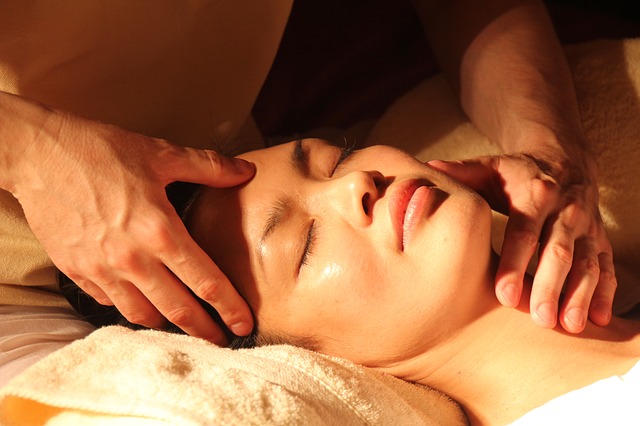
5 Ways Massage Reduces Anxiety:
- You are removed from a stressful environment. Whether it’s work, home, or something else that’s triggering your anxiety, you need to get away from that place or those people in order to relax. You should always remember that your massage session is your own – Turn off your phone, let it all go for now.
- Relaxed atmosphere. Often, just being away from your stress triggers is relaxing enough, but we try to go a few steps further for your massage. Dimmed lights, warmth, calming music. All things gentle and soothing.
- Deep breathing. This is so very effective for relaxation, meditation, toxin cleansing, and simply getting a grip on things. Massage encourages this deep breathing, and is one of the main reasons why this therapy is so relaxing.
- Endorphine Release. Touch is amazing. The comfort of a hug, the security of holding hands, the reassurance of a pat on the shoulder…it makes such a difference! Skin-to-skin contact releases endorphins, wonderful hormones that balance your body and mind.
- Physical relief. Injury, muscle tension, and painful knots, can add to your feeling of anxiety, or perhaps be a symptom of it. Treating these issues directly will go a long way towards peace of mind.
If you go right back into a stressful environment after your massage, you might feel your anxiety kick in again straight away. This doesn’t mean your massage was a waste of time. It’s a lot like sleep. You’re only sleeping for a little while, and maybe you don’t always feel energetic the next day –but without sleep you’d be dead! So it's obviously benefitting you. Likewise, taking time out for relaxation is necessary, and it might only last a little while before you go back into the fray – but in order to make it through the next challenge, you need to be restored. The body heals itself if we give it a chance.
Unlike sleep, you don’t need a massage every night (although, how amazing would that be?!). If you can allow yourself at least one massage per month, you will have noticeable results.
